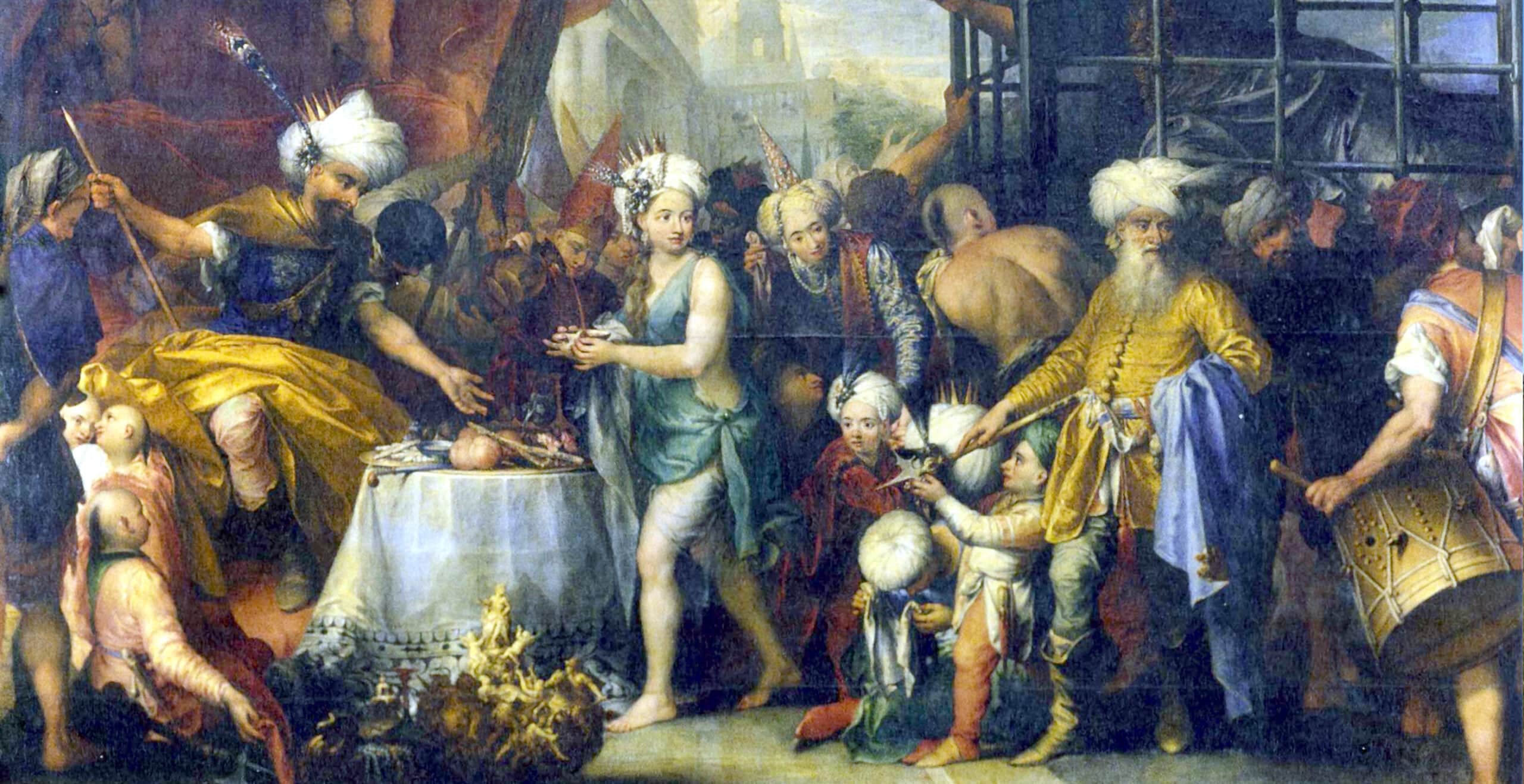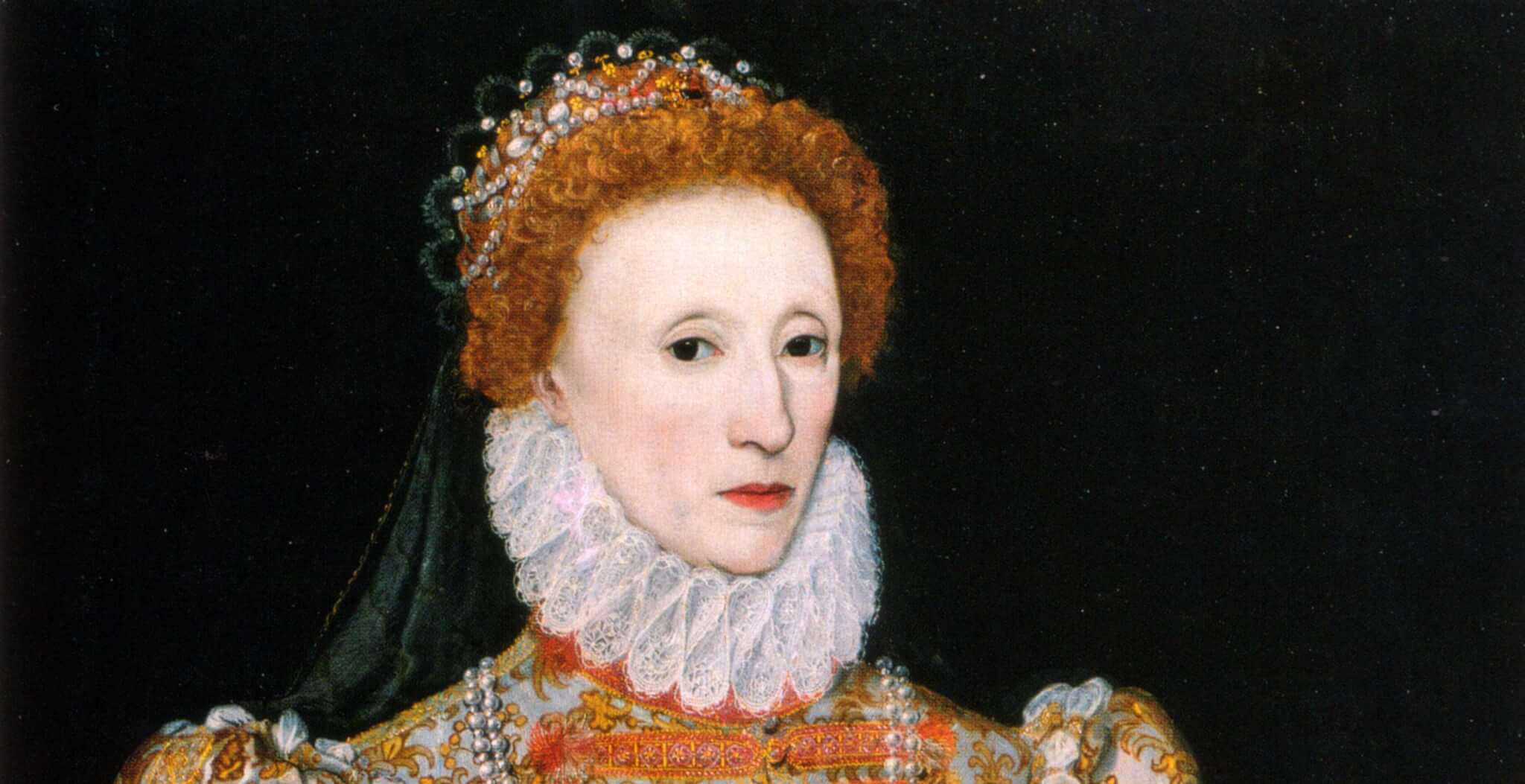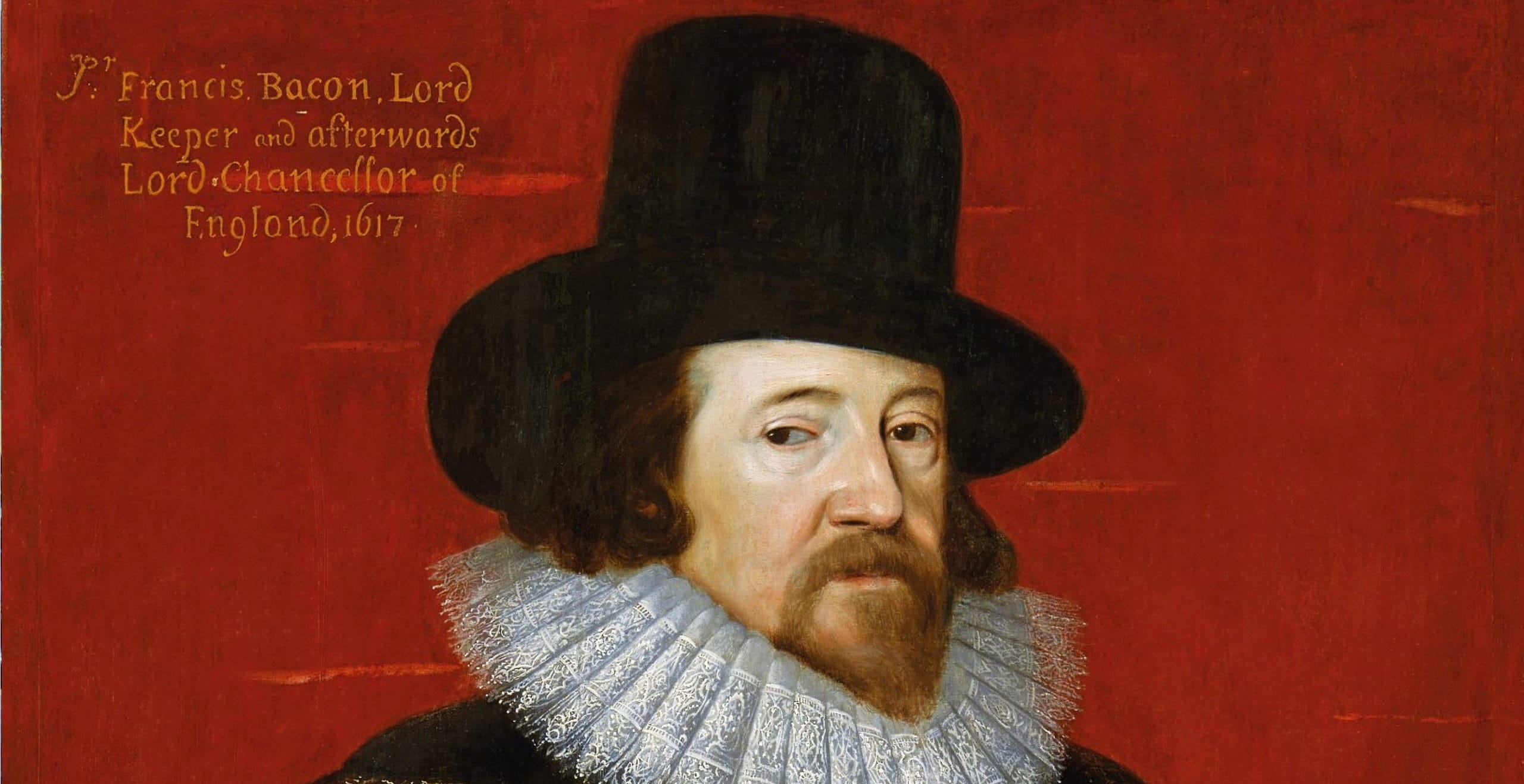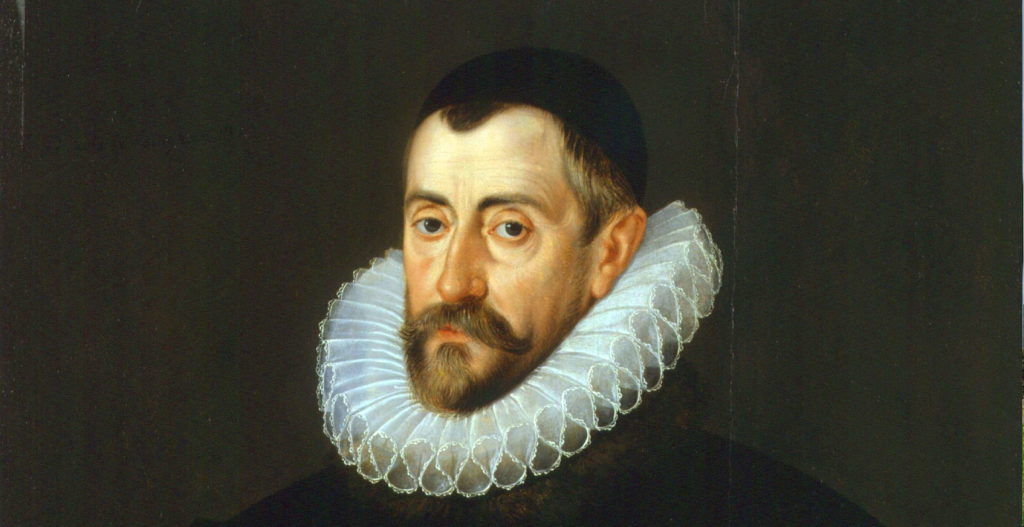Despite accusations of being a spy, atheist and a sodomite, Christopher Marlowe earned critical acclaim for producing an impressive body of work during his short but dazzling career.
An Elizabethan playwright, just out of Cambridge, his natural talent for innovative use of language allowed blank verse to become the standard for all playwrights as he managed to eclipse even some of his most impressive contemporaries. Whilst his life was tragically cut short, he had been able to produce literary masterpieces, performed to Elizabethan audiences who lapped up his spectacular dramas and followed the delightfully charismatic protagonists he created with both horror and awe.
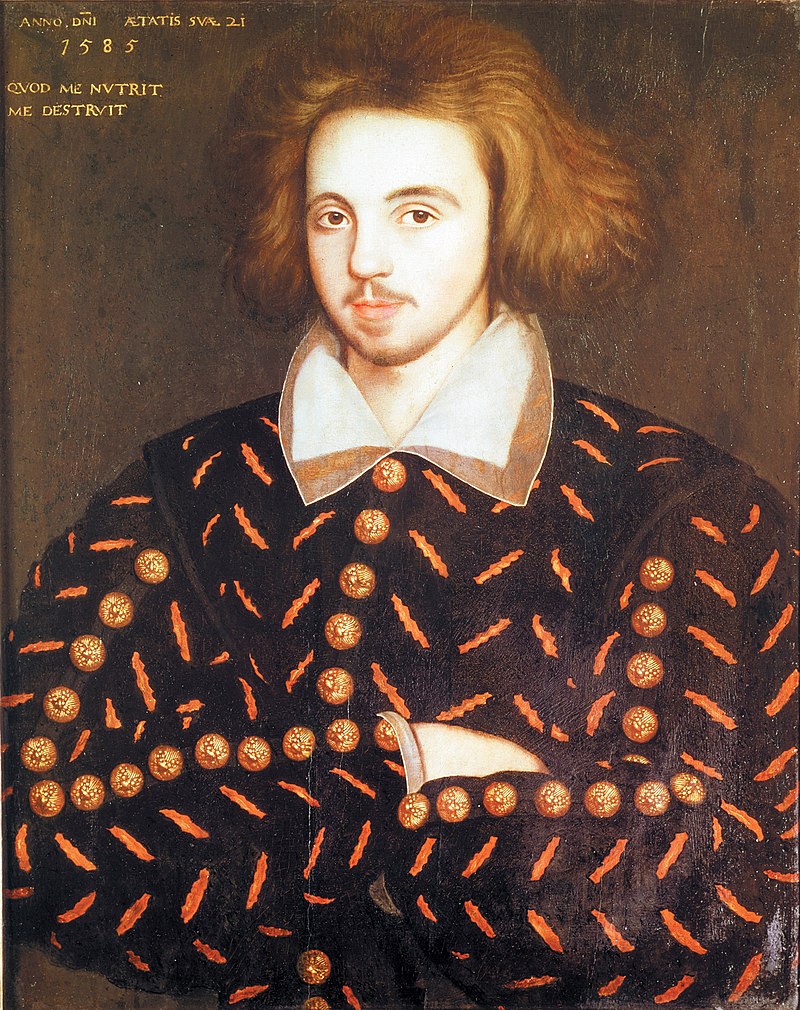
Despite William Shakespeare following in his wake to become the most famous English playwright of all time, it was Marlowe who first achieved success and recognition for his use of blank verse and for his exhilarating and scintillating dramas, full of passion, blood, gore and complex characters. A true Elizabethan in every sense of the word.
His early life began in Canterbury. The second of nine children, he was born to a shoemaker called John Marlowe and his wife Katherine. By the time he was a teenager, he joined the King’s School in Canterbury, a prestigious school which he was able to attend thanks to a scholarship. By the time he finished his schooling he had won a place at Corpus Christi College, Cambridge with the intention that he would become a clergyman.
Marlowe, who attended the prestigious university as a result of another scholarship, instantly displayed an aptitude for both literature and language, achieving his Bachelor of Arts in 1584. During this time, Elizabethan England was in the full throes of religious turmoil with Queen Elizabeth introducing a law which criminalised an English citizen becoming ordained in the Roman Catholic Church. Marlowe found himself embroiled in this situation when rumours were circulated that he intended to go to an English seminary in Rheims which caused the university authorities to hesitate in awarding him his Master’s degree.
Thankfully for Marlowe, intervention by the Privy Council which recognised his “good service” to the Queen, allowed him to be awarded his degree with no delay. Such a recommendation from the highest office has since drawn much speculation, alluding to the rumour that he may have been operating as a secret agent on behalf of Sir Francis Walsingham.
His association with the murky underworld of Elizabethan espionage read like some of the dramatic moments from his own plays. Much of his personal life has remained shrouded in mystery, however he soon developed a reputation amongst his contemporaries as a spy, heretic and someone who did not shy from a fight.
In 1587 and straight out of university, Marlowe began writing for theatres in London, producing one of his first and greatest achievements, the play entitled “Tamburlaine the Great”. A play in two parts, it was performed on the London stage by the end of the year. It proved to be a runaway success, a play which broke new ground not only in stylistic and linguistic form with the use of blank verse, but also the subject matter, as the theme of the Islamic world and use of oriental characters would begin to dominate Elizabethan London in years to come.

The play was based on the life of real-life fourteenth century warlord Timur who conquered much of Central Asia. Marlowe’s achievement proves to be his depiction of Tamburlaine with humble origins as a Scythian shepherd who rose to prominence to claim the crown of Persia. He is shown as a conqueror in both sections of the play, with Marlowe conveying his heroic character as destined for power through spectacular verses which left his rival playwrights both impressed and envious.
Only intended to be a single play, Marlowe developed the second part, concentrating on Tamburlaine’s demise, because of the immense popularity of the first section of the story. Marlowe in his brief six year career as a playwright showed a talent early on for creating complex protagonists who were not only heroes but were more nuanced and deliberately flawed.
One of his most well-known plays was “The Tragicall History of Dr. Faustus”, first published in 1604. The tragedy was based on the German stories about the classic legendary protagonist Faust who makes a pact with the Devil in exchange for unlimited knowledge and pleasures. This theme was controversial for the time, as interactions with the Devil had not been dealt with by other playwrights and thus Marlowe once again chartered new territory with his choice of character and topic. Other writers would follow in his footsteps as he continued to push the boundaries in terms of literary devices, thematic choices and artistic expression.
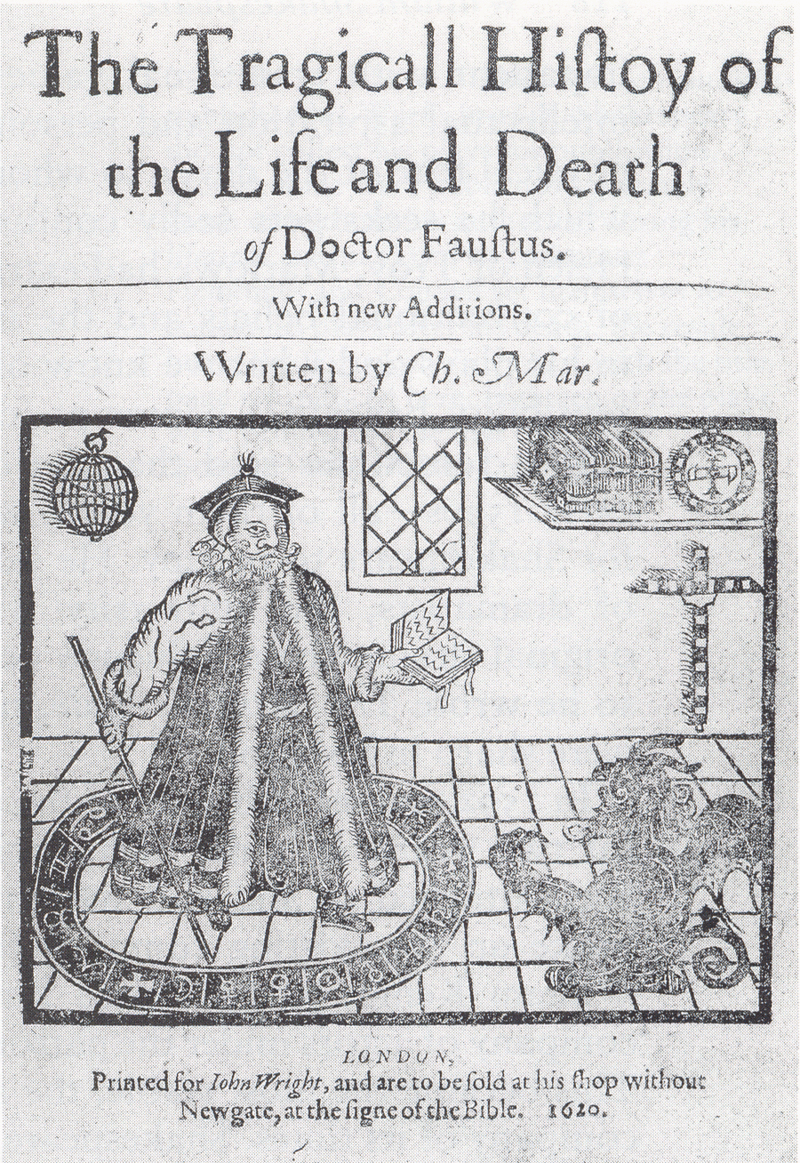
Returning to his chosen theme of historical characters plucked from exotic origins, Marlowe wrote the play “Dido, Queen of Carthage” which was published in 1594, a year after his death. It was a short play based on the classical figure of Dido and inspired by historical texts, particularly Virgil’s Aeneid. Marlowe’s final play and one which made a significant impact on his Elizabethan audience was “TheFamous Tragedy of the Rich Jew of Malta”. It is set against the historical backdrop of imperial rivalry between Spain and the Ottoman Empire, whilst the plot centres on a rich Jewish merchant called Barabas who loses his wealth and then seeks his revenge on the Christian community of Malta. The play contains numerous themes of greed, religious conflict, revenge and prejudice. Many argue that the play has obvious parallels with Shakespeare’s later creation, “The Merchant of Venice”, reflecting the impact of Marlowe’s work in the short time he was alive. His historical play about the life of Edward II, also pushed the boundaries of Elizabethan stagecraft, being especially provocative in its portrayal of the love story between Edward II and Piers Gaveston.
Marlowe was able to break new ground with his writing, challenging literary standards of the day as well as notably challenging his audiences with the complexity of his characters and their storylines. In reality much of the drama which played out on stage reflected his own life.

With rumours about his spying background, coupled with his atheism and suspected homosexuality, Marlowe was a notorious character. In May 1593, his controversial lifestyle caught up with him. In the context of religious upheaval which dominated Elizabethan England, several bills were posted which threated Protestant refugees who had come over from the continent. Some of these were in rhyming iambic pentameter and signed ‘Tamburlaine’, referencing Marlowe.
These publications led to the search of Marlowe’s home which he happened to share with fellow playwright Thomas Kyd, who himself was subsequently arrested. In their home, a three page document was found with heretical material which, after a degree of torture, Kyd admitted belonged to Marlowe. A warrant was then put out for his arrest: such a crime would merit the death penalty by being burned at the stake.
This led Marlowe to present himself to the authorities: however he was able to avoid prison after being given instructions to report daily to an officer of the court. His avoidance of the death penalty however did little to prolong his life, as only ten days later he was dead.
Marlowe was killed in mysterious circumstances. Whilst much speculation surrounded his death, the official coroner’s report was discovered by a scholar called Leslie Hotson which described how Marlowe, who had spent the entire day at a house in Deptford, was in the company of three other men, all of whom were in the employ of the Walsingham family. The witnesses who were questioned testified that they had seen one of the men in attendance called Frizer, who was a servant to Thomas Walsingham, engage in a fight with Marlowe over the bill, which saw Marlowe snatch Frizer’s dagger and wound him, before Frizer wrestled it from him and fatally stabbed Marlowe above the eye.
The conclusion was self-defence and Frizer found himself pardoned. Marlowe was then buried in an unmarked grave in Deptford, bringing an illustrious career to an abrupt and untimely end. Even today, speculation continues to surround his death, with numerous wild theories ranging from Queen Elizabeth giving orders to have him killed, or the even more dramatic theory that he faked his own death and began operating under the pseudonym of William Shakespeare.
However far-fetched these speculations are, they reflect the impact and intrigue surrounding Marlowe, his plays and his life more generally. In the short time he was a public figure he made a massive impact on the world of Elizabethan theatre, altering the standards of the day and entertaining audiences with fresh new characters and ideas. Serving to inspire the Bard himself, Christopher Marlowe’s life and career was dramatic, exciting and influential, leaving a great impression on the world of English literature.
Jessica Brain is a freelance writer specialising in history. Based in Kent and a lover of all things historical.
Published: 15th July 2024.
